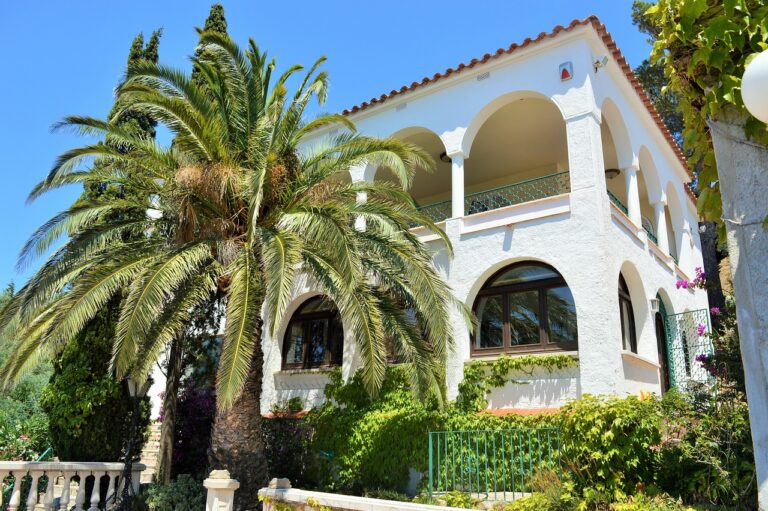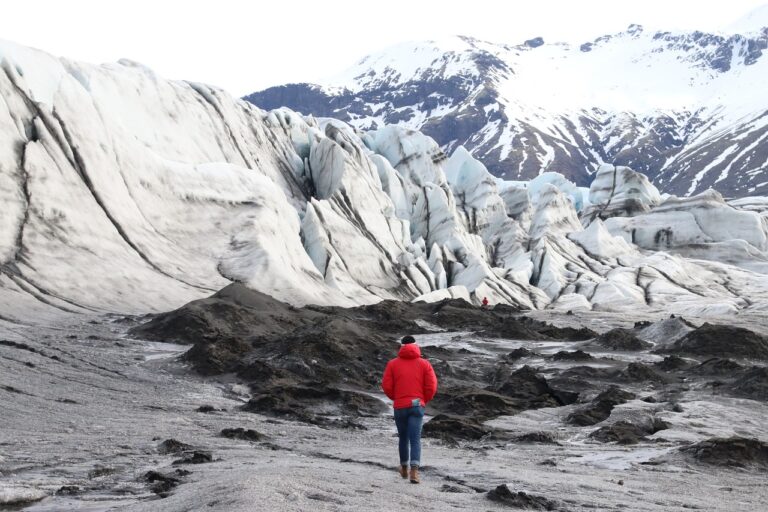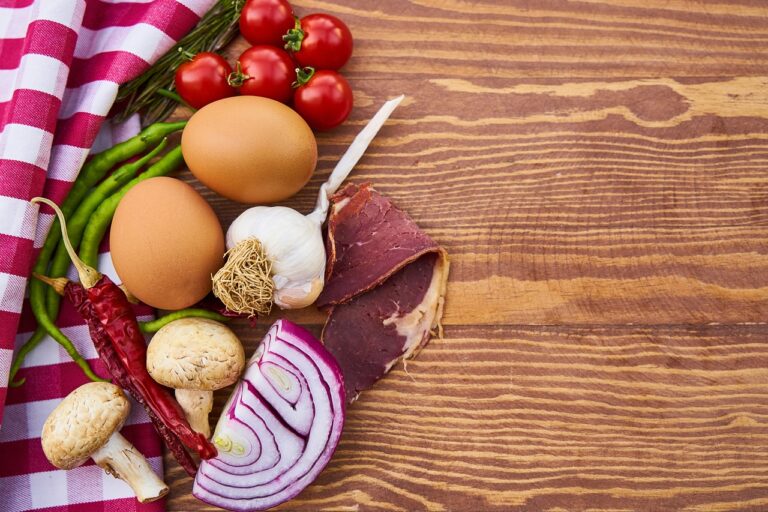The Impact of Wine on Tourism: Driving Visitor Engagement and Spending: Betbhai9, Playexch in login, Lotus365 in login password
betbhai9, playexch in login, lotus365 in login password: Wine tourism is a growing trend that is having a significant impact on the travel industry. As more and more travelers seek unique experiences, wine regions around the world are becoming popular destinations for visitors looking to learn about winemaking, taste local wines, and immerse themselves in the culture of the region.
Here are some ways in which wine tourism is driving visitor engagement and spending:
Exploring Wine Regions: One of the main reasons people travel to wine regions is to explore the vineyards, wineries, and tasting rooms. Visitors have the opportunity to learn about the winemaking process, taste different varietals, and meet the winemakers themselves. This hands-on experience creates a deep connection with the region and its wines, leading to increased engagement and loyalty among visitors.
Culinary Experiences: Wine tourism often goes hand in hand with culinary tourism, as many wine regions are also known for their food and dining experiences. Visitors can enjoy wine and food pairings, cooking classes, and visits to local markets and restaurants. These culinary experiences not only enhance the overall visitor experience but also contribute to increased spending on dining and local products.
Events and Festivals: Wine regions host a variety of events and festivals throughout the year, from harvest celebrations to wine tastings to food and wine pairings. These events attract visitors from near and far, driving engagement and spending in the region. Visitors have the opportunity to participate in unique experiences, meet other wine lovers, and connect with the local community.
Accommodation Options: Wine regions offer a range of accommodation options, from boutique hotels to bed and breakfasts to vineyard cottages. Staying in the heart of wine country allows visitors to fully immerse themselves in the region and its culture. Many accommodations also offer special wine-related activities and packages, further enhancing the visitor experience and driving spending in the area.
Wine Tours and Transportation: Wine regions often offer guided wine tours and transportation services to help visitors navigate the area and make the most of their time. These tours provide valuable insights into the region’s wine industry, history, and culture, while transportation services make it easy for visitors to get around without worrying about driving. By offering these convenient services, wine regions are able to attract more visitors and encourage them to spend more during their stay.
Retail and Souvenirs: Visitors to wine regions often purchase bottles of wine, wine-related products, and souvenirs to take home with them. This not only drives spending in the region but also serves as a reminder of the unique experiences they had during their visit. Retail shops and wineries benefit from these sales, while visitors are able to enjoy a piece of wine country long after they have returned home.
In conclusion, wine tourism is having a significant impact on visitor engagement and spending in wine regions around the world. By offering unique experiences, culinary delights, events and festivals, accommodation options, tours and transportation services, and retail opportunities, wine regions are able to attract more visitors and encourage them to spend more during their stay. As the trend of wine tourism continues to grow, the benefits to both the travel industry and local communities are clear.
FAQs:
Q: What is wine tourism?
A: Wine tourism refers to travel to wine regions for the purpose of exploring vineyards, wineries, tasting rooms, and other wine-related experiences.
Q: How can I plan a wine tour?
A: To plan a wine tour, research wine regions that interest you, book accommodation in the area, schedule wine tastings and tours, and consider transportation options.
Q: What are some popular wine regions around the world?
A: Some popular wine regions include Napa Valley in California, Bordeaux in France, Tuscany in Italy, and Mendoza in Argentina.
Q: Are wine tours suitable for non-wine drinkers?
A: Yes, wine tours often offer alternative activities for non-wine drinkers, such as food tastings, cultural experiences, and outdoor activities.
Q: How can I support local wineries during my visit?
A: You can support local wineries by purchasing their wines, attending events and tastings, and sharing your experiences with others.







